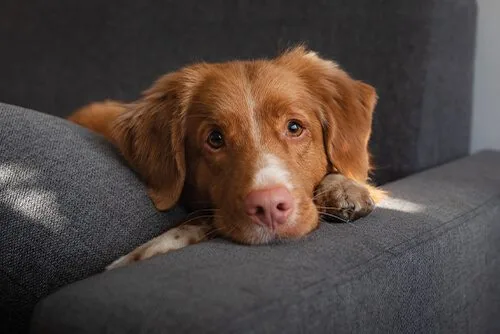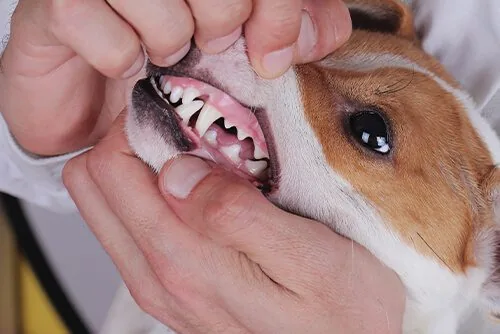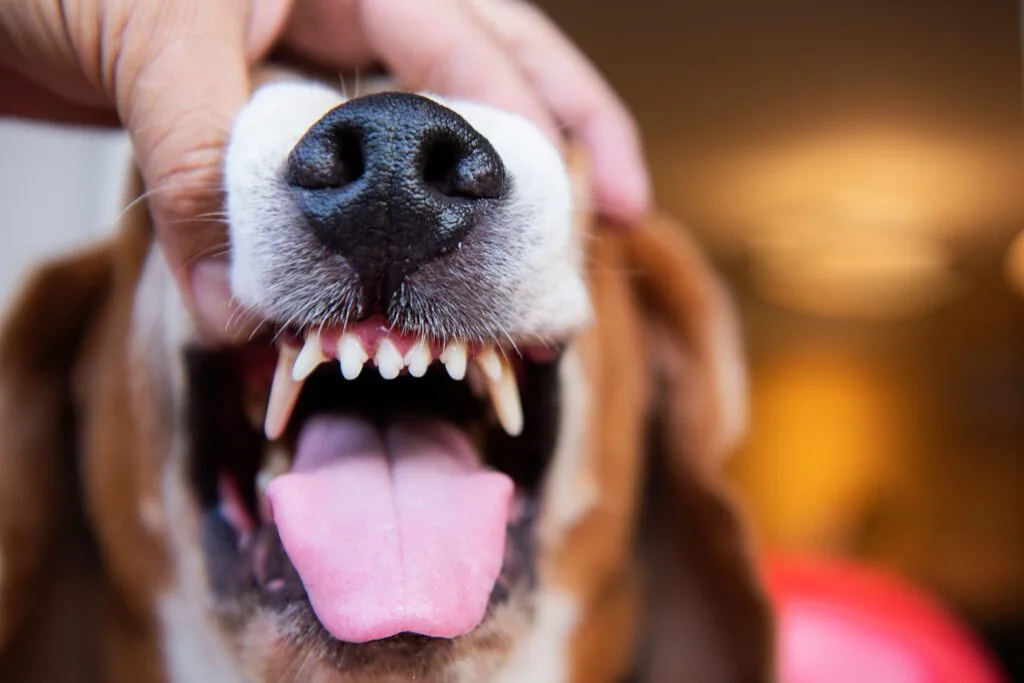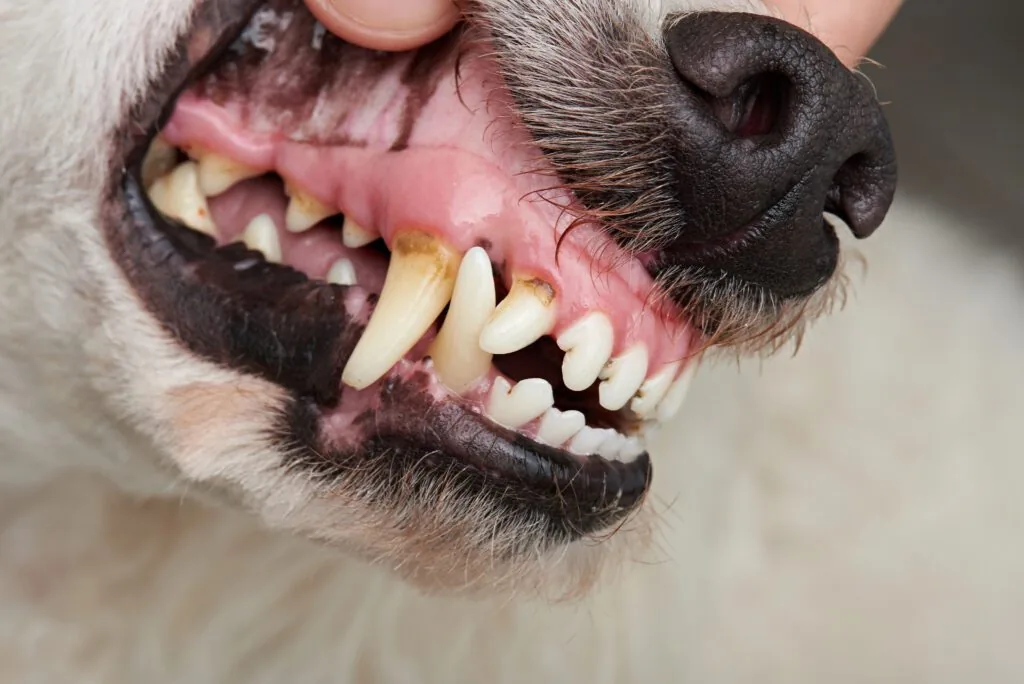Protecting Pets From Smoke Inhalation in Alameda, CA
This year areas of the Western, Northwestern, and Southwestern US have succumbed to devastating wildfires. In addition to causing wide-spread damage to towns and communities, these fires have also adversely affected the air quality in and around these areas. Air quality is worse than it’s ever been in many locations and has reached unhealthy levels in Alameda. As a pet owner, it’s important to know how you can protect your pets from poor air quality and smoke inhalation. The biggest danger to your pet is breathing particles in the air from wildfire smoke, which can reach deep into the lungs and cause a variety of health issues from burning eyes to chronic lung congestion.
In particular, wildfire smoke is dangerous because it produces toxic air particles that are easily absorbed into the bloodstream when inhaled into the lungs. These toxic particles can cause immediate and long-term health problems in people and pets. Smoke inhalation can contribute to health problems including chronic obstructive pulmonary disease, lung cancer, and vision problems.
How do I protect my pets from smoke inhalation?
Although fire patterns and wind patterns can change, it’s a good idea to follow the tips below:
- Keep your pet indoors with windows closed
- Bring outdoor pets into a room with good ventilation, like a bathroom, garage, or utility room
- Try to keep potty breaks short
- Utilize air conditioning, or air filters
- Avoid prolonged hikes and walks
- Avoid dog parks
- Provide fresh water available at all times
- Have a pet evacuation plan and kit ready
What are the signs of respiratory distress in pets?
Watch for signs of respiratory distress, panting, or eye irritation, and inflammation. If your pet shows symptoms of respiratory distress, contact your veterinarian immediately. Signs of respiratory issues include:
- Open-mouth breathing. In cats, this is an immediate emergency.
- Difficulty breathing
- Excessive panting
- Excessive drooling
- Chronic and excessive coughing or sneezing,
- Chronic vomiting
- Loss of appetite
- Inflammation of the mouth, nose, or eyes
- Weakness or lethargy
- Inability to stand or walk
- Increased respiratory/breathing rate
- Nasal discharge
Are there certain breeds or pets who are susceptible to smoke inhalation?
It’s important to know that certain dog breeds or dogs with certain conditions are susceptible to smoke and poor air quality. Animals with cardiovascular or respiratory disease are especially at risk from smoke and should be monitored closely during periods of poor air quality. Pets at risk include:
- Birds are especially at risk and do not do well with poor air quality or smoke
- Kittens and young cats
- Puppies and young dogs
- Senior pets
- Pets with asthma or bronchitis
- Brachycephalic breeds (short-nosed pets) like pugs, bulldogs, and Persian cats
- Pets with cardiovascular disease
What are the side effects of smoke inhalation in pets?
Although rare, the following signs and symptoms are a medical emergency.
- Seizures or tremors
- Fainting or falling over
- Confusion
- Disorientation
- Lethargy or weakness
If your pet is experiencing any of these symptoms, especially breathing troubles, see your veterinarian right away.
Should my pet wear a mask?
In other parts of the world, such as China, pet owners use “pollution masks” for their dogs to protect them from heavy city smog. While air masks may not be as effective on pets, you can always try one like some California dog owners did this year during the wildfire season. The effectiveness of a mask for your pet depends on the fit, and if your pet will tolerate a mask.
Should I have an evacuation plan?
It’s always a good idea to include your pets in an emergency plan. Each pet should be able to be identified, such as with a microchip. Keep a list of pet-friendly hotels. Many human shelters don’t accept pets, so it’s best to do your research before-hand. Contact friends, relatives, or an animal shelter outside your neighborhood to make arrangements for your pets long before you’re forced to evacuate. Know where your pets might hide when stressed or in a panic, that way you won’t have to spend time looking for them in an emergency. Get cats used to their carriers and have your family practice evacuating with your pets. Covering carriers with a towel or sheet during travel can help to calm a nervous pet.
What should I have in an evacuation kit?
It’s a good idea to make up an emergency kit before an emergency arises. Make sure to store it in an easy-to-carry, waterproof container close to an exit.
- First-aid supplies
- Food, water, and medications good for 10 to 14 days
- Records such as vaccination records, photos of your pets. veterinary records, medication instructions, and emergency contacts.
- Crates or pet carriers labeled with your contact information.
- Extra collars/harnesses with ID tags
- Extra leashes
- A flashlight
- Favorite toys and treats
- Extra blankets and bedding
Sources:
Recent Posts
What You Need to Know about a Lipoma in Dogs
What You Need to Know about a Lipoma in Dogs When our pets are not feeling their…
Why is My Cat Staring at Me?
Why is My Cat Staring at Me? Have you ever found your cat staring at you and…
Pale Gums in Dogs: Is This Normal?
Pale Gums in Dogs: Is This Normal? When you notice something unusual about your dog, like pale…
8 Signs Your Pet May Need Dental Care
8 Signs Your Pet May Need Dental Care Taking care of your pet is a big responsibility,…
Why Are My Pet’s Teeth Yellow?
Why Are My Pet’s Teeth Yellow? If you notice your pet’s teeth look a little yellow, this…
Providence Veterinary Hospital & Clinic serve Alameda, CA as well as Oakland, San Leandro, and the surrounding areas with superb veterinary medicine and gentle, compassionate care. We’ve been a part of this community since 1947 when a veterinarian started seeing pets in his home after the end of World War II. He built an animal hospital right under his house, and that’s where we remain to this day (with modern remodeling in 2016, to outfit the hospital with the latest medical technology and equipment, of course!).





